Public Speaking for Kids
This fun, illustrated guide provides the foundations of communication and public speaking for kids and adults alike loaded with best practices around public speaking, an introduction to speech types, how to use visual media and props, sample speech topics, a few samples speeches, even a few clean jokes and quotes and much more…
Chapter 2: The Do’s and Don’ts of Public Speaking
DOs
Eat healthy food before a speech. Try to eat healthy before a speech. Fruit, grain, veggies, and etc. are all a-okay before a speech. My own favorite food before a speech is to eat an apple so that I am not hungry but I don’t feel hungry either which could be a distraction.
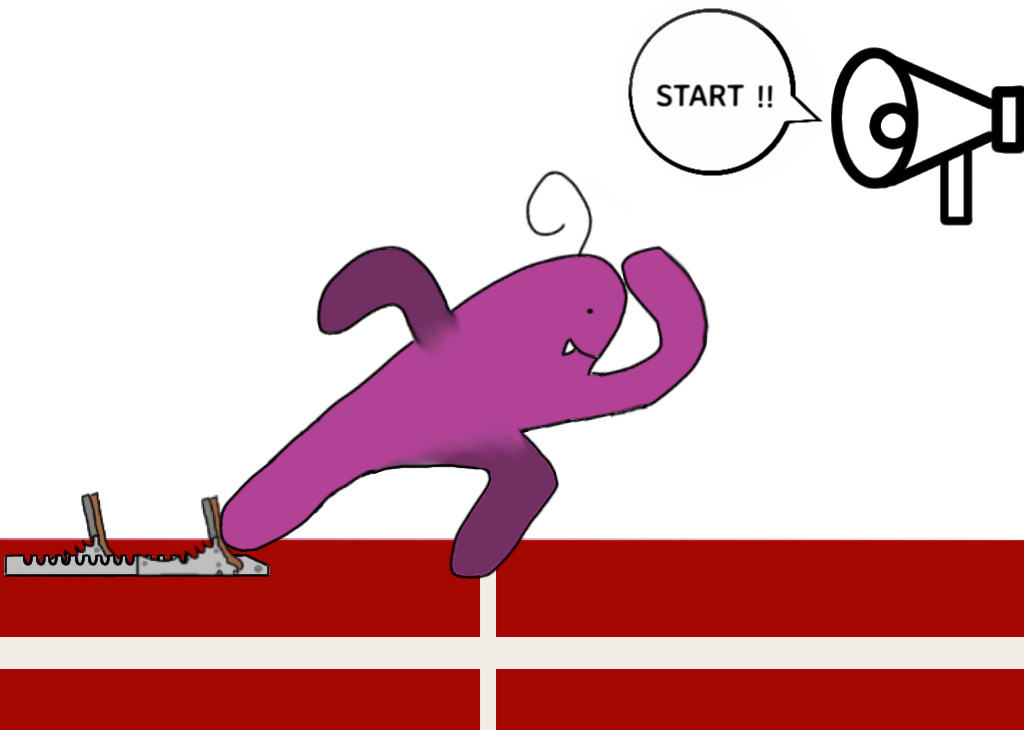
Have a strong start. Begin your speech with a “hook,”something that grabs the audience’s attention and makes them want to keep listening. Please read the section “10 Awesome Ways to start a speech”.
Be confident in yourself. It is okay to be nervous about public speaking, and you’re not alone. Only about 75% of the population (or a mere [SARCASM ALERT. SARCASM ALERT. ] 238 million people) agrees with you. There are some great ways to calm yourself. Remember, it’s only a speech, and if you have worked hard, you’ll ace this. Check the Reducing Anxiety Before, During and After a Speech section to find useful tips.

Remember to finish your speech with a strong conclusion. If you just finish your speech by walking off the stage, there may be an awkward pause, which you probably don’t want. See the section on “10 Awesome Ways to Conclude Your Speech”
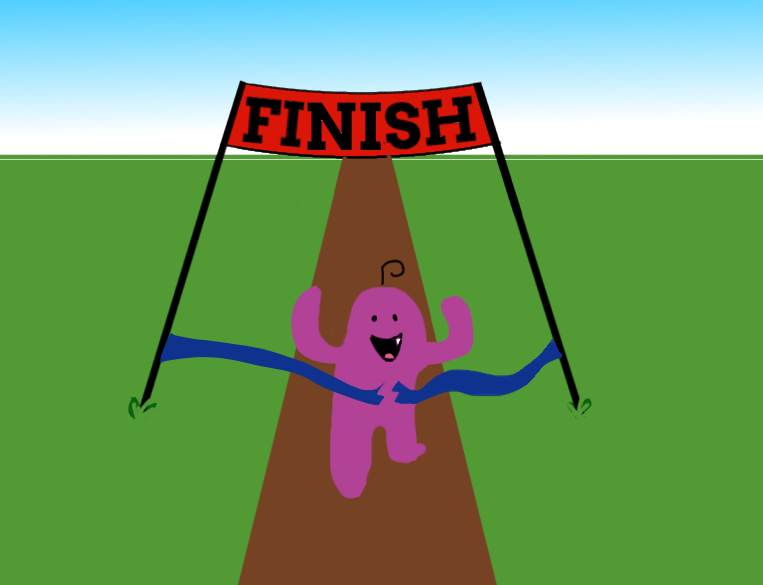
Don’ts
Rely on your notes. Practice enough so that you are able to do your speech without looking at your notes the whole time. You don’t have to memorize your speech word for word, though, because you only have to know the main ideas. Don’t worry-you’ll be fine!
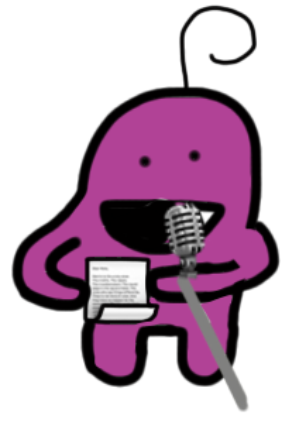
Memorize your speech word for word. Though you have to practice, just try to remember the main points of your speech (or an outline), and if you have really practiced, you’ll be fine. If you try to memorize your speech, then it might be a bigger deal if you forget a word. It’s ok if your oral speech is worded a little differently then how you originally planned it to be, it just has to get the point across to the audience.
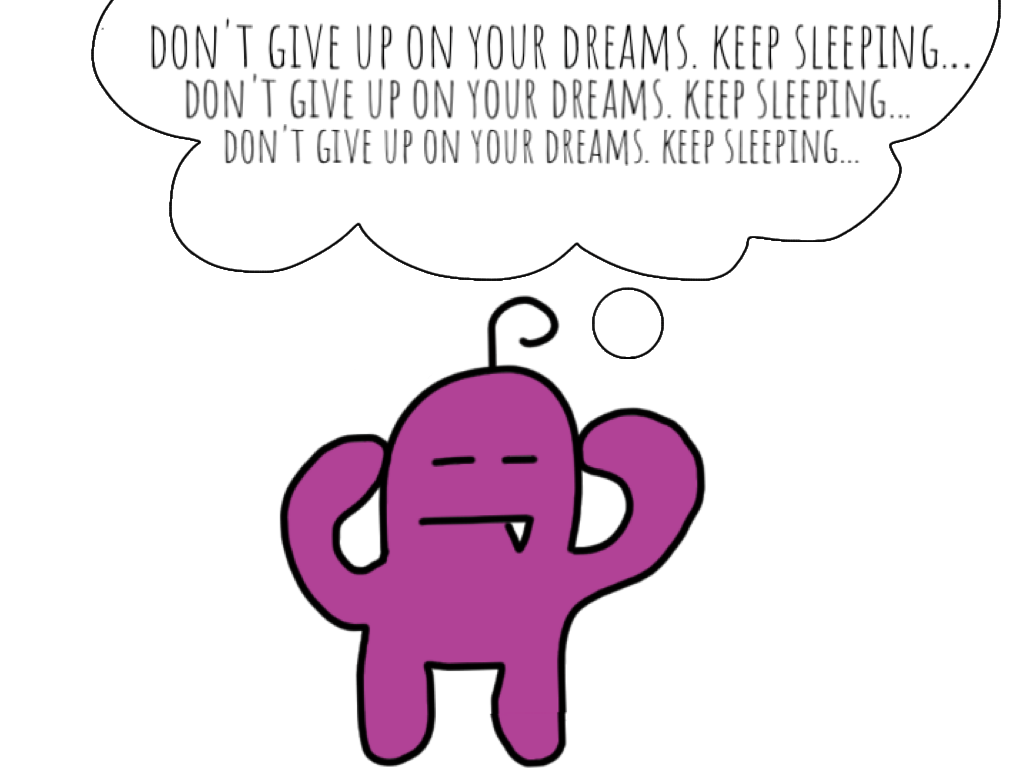
Look the audience straight in the eyes (if it makes you nervous.) If looking into the eyes of the audience makes you have butterflies in your stomach, one easy trick to use is to just fake eye contact by staring at their foreheads. However, make sure not to get used to this, because it will not help get over any fears. Over time, you will get comfortable and confident even when looking into the eyes of audience members. Eventually, train yourself to get used to looking at people straight in the eyes.

Stop or start over in the middle of your speech. If you make a mistake in the middle of your speech, remember, it’s okay! You’re human, not a robot. Nobody expects you to give a perfect speech every time- just try not to stop completely if and when you make a mistake in a speech (it’s bound to happen once or twice). Just because you pronounced one word (ONE TINY WORD!) wrong doesn’t mean that it’s the end of the world. Basically, the point is that you should never, ever stop your speech or start over from the beginning, even if you forget some parts. Why give them none of your speech when you can give them most of it, right? Also, starting from the beginning will probably make it boring for the audience if you had got far into your speech before that. They don’t want to hear the same thing again, and again, and again, and again, and again, and again, and…well, you get the point, right?
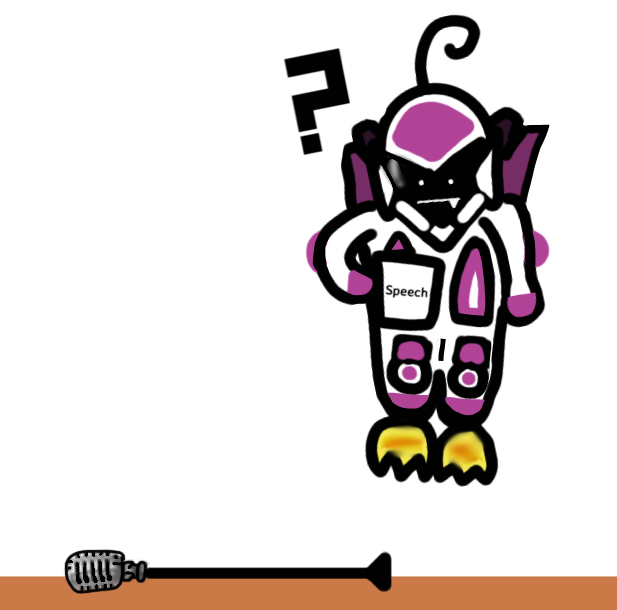
Eat spicy food or drink a lot of coffee/soda before a speech. Before a speech, try to avoid eating spicy food, drinking too much caffeine or having too much sugar-filled items. It might feel good to eat chocolate before a speech, or to take a swig of soda, but it’ll probably get you nervous and filled with excess (In case you were wondering, the word “excess” means “extra”.) energy that will most likely ruin your speech. (See “Eat healthy food before a speech” from the Do’s.)


